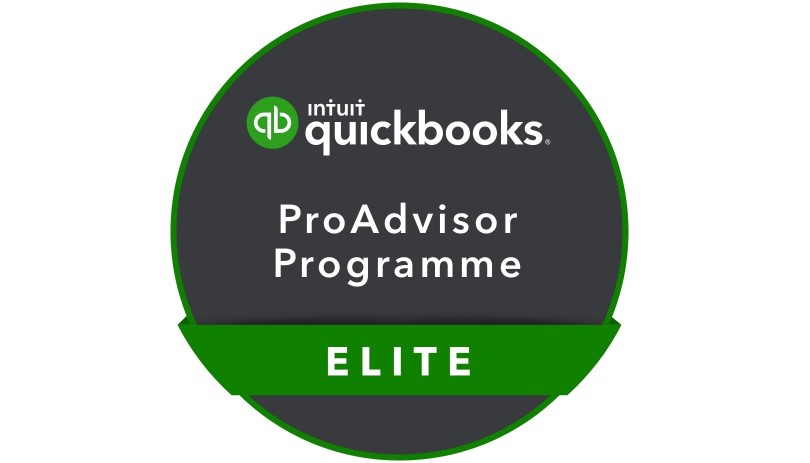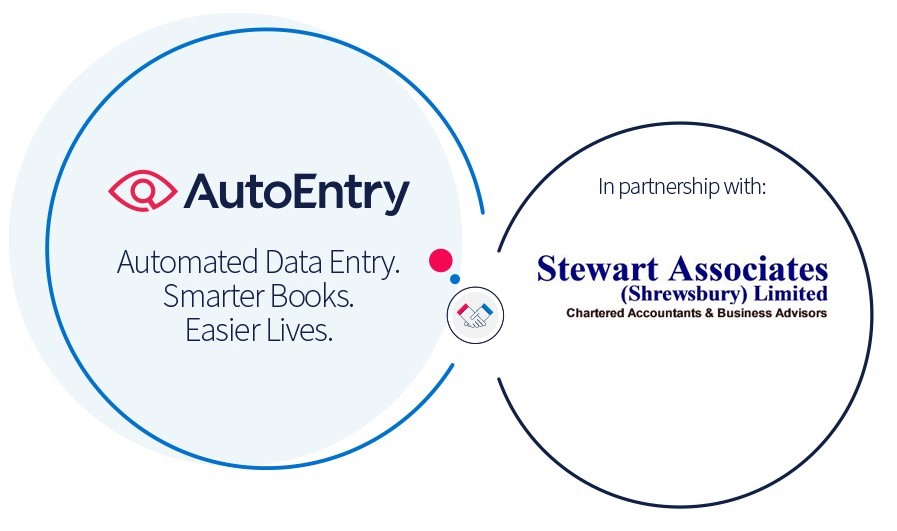13 June 2013
Employer provided benefits and form P11d
Having filed end of year PAYE Returns and negotiated the introduction of RTI we are now filing the P11d Returns. If your company may provide a taxable benefit to any director or employee which should be notified to HMRC on a P11d Return please let us know.
Please note references to employee include directors and their family and references to employer are generally to your own company.
Company Cars - Pool Cars: You will either have a company car, with or without private fuel, and be taxed accordingly or you will have a private car and claim business mileage at the approved rates (see below). It is tempting to claim a vehicle is a pool car and HMRC are very keen to resist this. The legislation regards a car as taxable on an employee if it is made available and therefore it is very difficult to win a pool car argument unless the vehicle is garaged at a place which is not an employee's home and therefore it is virtually impossible to achieve this status if the business premises are also the home.
Approved mileage rates: The approved rates with effect from April 2011 are 45p per mile for the first 10,000 miles and 25p thereafter. If an employee receives less than this they claim tax relief on the difference on their personal tax return. To support a claim a log of business journeys must be maintained listing the date, destination, number of miles and reason for the trip.
Vans: Where private use of a van is anything more than incidental the annual benefit in kind is chargeable based on a value of £3,000 (plus £500 if fuel is provided). HMRC consider that incidental private use is going to the tip twice a year whereas as taxable private use is using the Van for shopping every week.
Subsistence: HMRC approved rates for subsistence expenses which can be paid without any P11d reporting requirement:-
- £5 if you buy breakfast and start the journey before 6am
- £5 if you are out of the office on business for more than five hours and buy one meal
- £10 if you are out of the office on business for more than ten hours and buy two meals
- £15 if your business trip keeps you beyond 8pm and you buy an evening meal
You must keep a receipt for each day for which a claim is made but this can be for less than the amount claimed.
Mobile phones: A company can provide one mobile phone to each employee without creating a taxable benefit irrespective of the amount of private use. However the contract must be between the employer and the phone provider and if the company pays the invoice on behalf of the employee this constitutes a benefit.
Company paying employees bills: The principle mentioned above re mobile phones applies to all invoices and there is always a potential problem where a company pays directly a bill in the name of an employee so please always endeavour to ensure the company contracts directly with a supplier and that the supplier invoices the company. For this reason it is generally not a good idea for the company to pay an employees' domestic bills and if there is business use of the house it is preferable for the employee to pay the supplier and to claim a business element from the company.
Private medical insurance: Where private medical insurance is provided by an employer the premiums are taxable on the employee and the company pays Class1A National Insurance (at 13.8%). It may therefore be worthwhile treating such premiums as private and charged against a Director's Loan Account if possible. Please be aware employer provided medical insurance does not create a tax advantage although premiums payable are generally lower through an employer scheme than in a private scheme.
Employer provided childcare: A company can provide nursery vouchers although it does not have to and can create a tax free benefit by contracting directly with a registered child minder. Please be careful to ensure you have the correct contract in place and do not simply allow the company to pay the child minder/nursery. Also be aware of a restriction for higher rate taxpayers.
Company assets available for private use: Beware of a company owned asset made available for use by employees, perhaps living accommodation. Although this is likely to be quite rare please advise if you have such a situation to declare on a P11d.
Dispensations: It is possible to apply to HMRC to pay certain amounts to employees without creating a P11d reporting requirement. However HMRC are reluctant to grant dispensations to small employers where the expenses can not be independently verified. Nevertheless if you have an issue with regard to the company paying business expenses which may have any private element attached then we should discuss submitting a dispensation application to HMRC.
Obviously if we included benefits in previous years we will be aware and will require the appropriate information to complete this year's Return.








